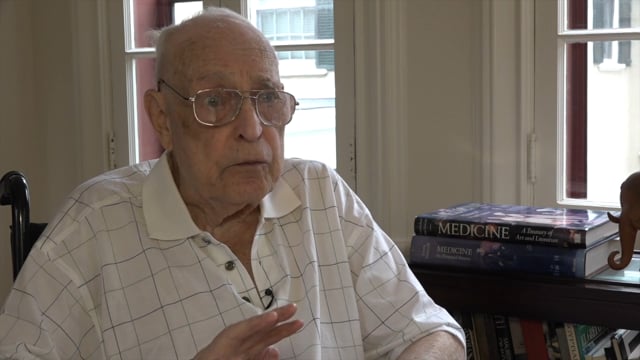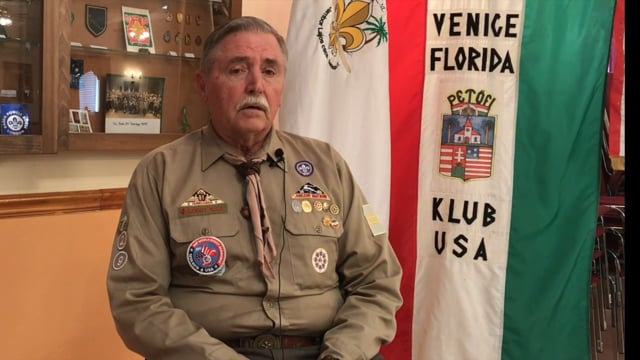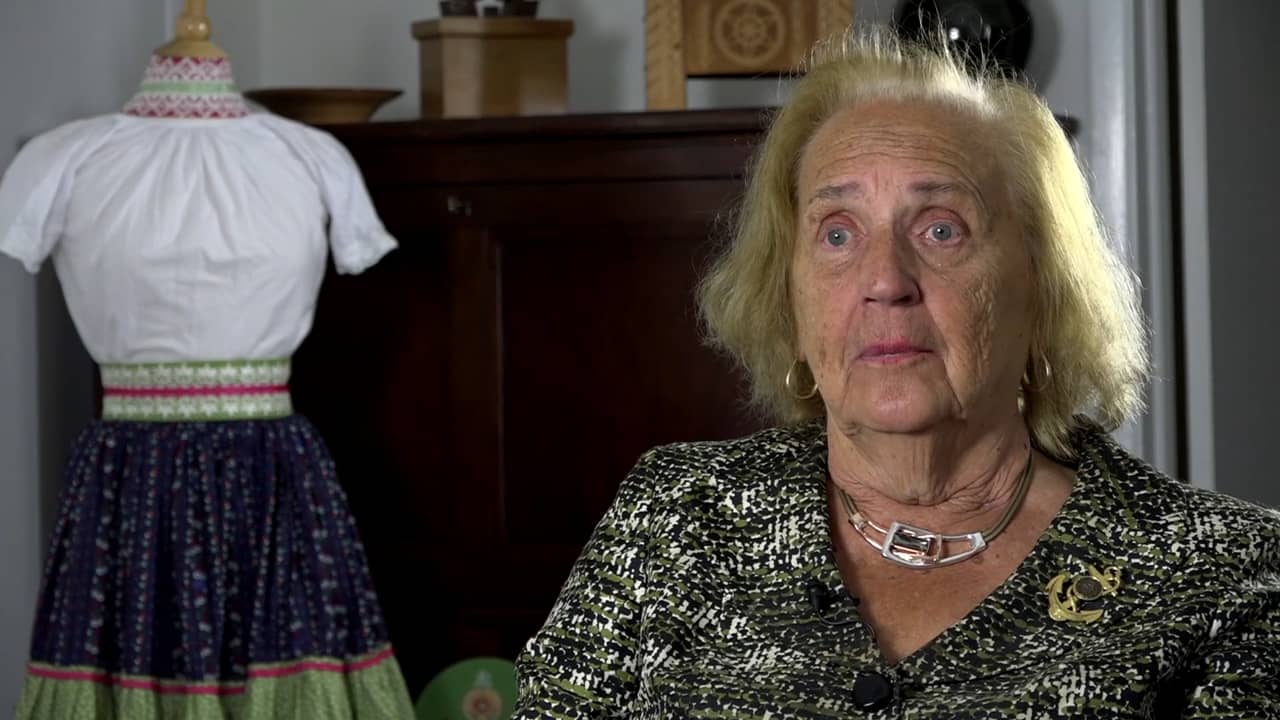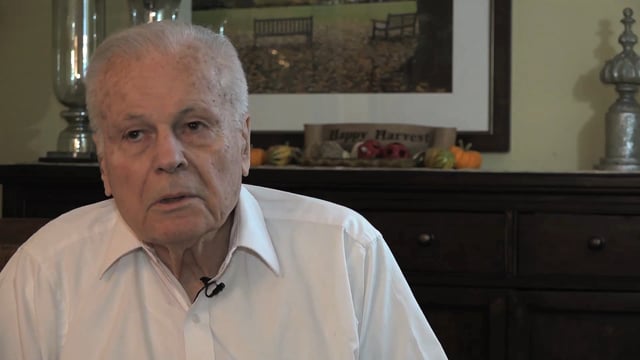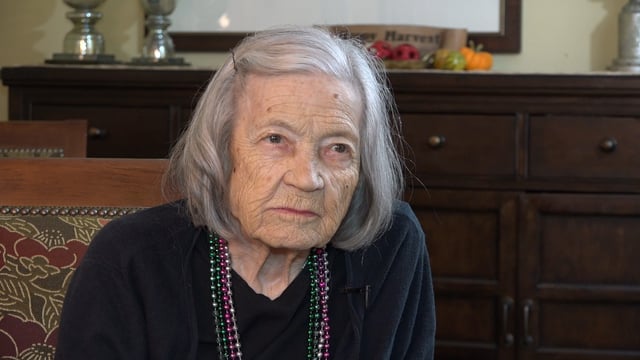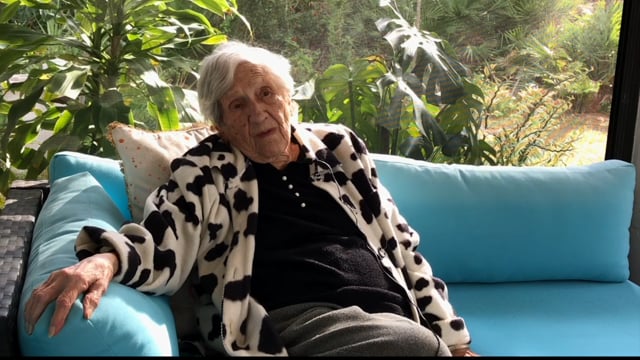Andrew G. Vajna
1956erALL MATERIAL: COPYRIGHT CALIFORNIA EUROPEAN CULTURAL INSTITUTE/MEMORY PROJECT
Andrea G Vajna (August 1, 1944 - January 20, 2019)
Andrew G. Vajna was born on August 1, 1944 in Budapest, Hungary. His father was a successful businessman and although the post-war years were lean and restrictive under the new communist dictatorship, the Vajna family was relatively well-off compared to others. Vajna's memories of his childhood are that his family was not persecuted and slightly more fortunate than others.
Vajna was only in middle school when the 1956 revolution broke out, and he did not take an active part in the fighting (although his father might have been involved, but he was never able to find out how). In his interview, he remembers the excitement and chaos of the city, the school closures and the destruction brought by the fighting. Perhaps because of the care packages sent to him in the early 50's by his aunt in Los Angeles, which included fantastic toys that none of his friends had ever seen, Andy was eager to leave Hungary and live in the U.S.
He took the opportunity afforded by the chaos of the revolution to escape in December of 1956. He left alone, at age 12, while his parents stayed behind to settle personal family matters as they knew they would never return. He was not sure how he would get across the border or if he would see his parents again, but he knew it was best if he left, and so did his parents, who wanted the best future possible for their only child.
Because the U.S. did not admit unaccompanied child refugees, Vajna was sent to Edmonton, Canada for 6 months to live with a foster family. He was eventually reunited with his family in Los Angeles in the summer of 1957. From there, he lived an extraordinary American life, attending Beverly Hills high school and developing his love of theater arts. Although he went to the University of California, Los Angeles (ULCA) to study cinematography, he eventually dropped out to open his own successful photography studio. He went from being a photographer to a hairdresser to a wig designer and manufacturer in Hong Kong. Before becoming one of the most successful Hollywood film producers, he ran his own movie theaters in Hong Kong, getting the audience perspective before embarking on a decades long career as an award-winning producer of box office hits.
Vajna helped his longtime partner, Mario Kassar, form Carolco Pictures in 1976 and was notably associated with the 'Terminator' franchise in the 1980s. He is known for his work on Total Recall (1990), Terminator 3: Rise of the Machines (2003) and Die Hard with a Vengeance (1995).In 1989, Vajna resigned from his position at Carolco to start his own production company, Cinergi Pictures, but that company eventually failed in the late 1990s. Vajna eventually re teamed with Kassar in 2003 to form C-2 Pictures, solely to bring back the 'Terminator' franchise once again.
In his interview, he talks at length about his work on Children of Glory (2006), a feature film about the face-off between the Hungarian and Russian water polo teams -one of the bloodiest matches in the sport's history - at the 1956 Olympic Games in Melbourne. Although the film was the least successful of Vajna's recent films, it was wildly popular in Hungarian theaters.
On January 15, 2011, the Hungarian government appointed Vajna government commissioner in charge of the Hungarian film industry. He is responsible for the strategy of the Hungarian Film preservation and development. In 1989, he founded Intercom Ltd., Hungary's biggest movie and DVD distributor. He was also the CEO of the company.
Vajna passed away in January 2019.
Interview conducted by Réka Pigniczky in Hungary in July of 2016.

